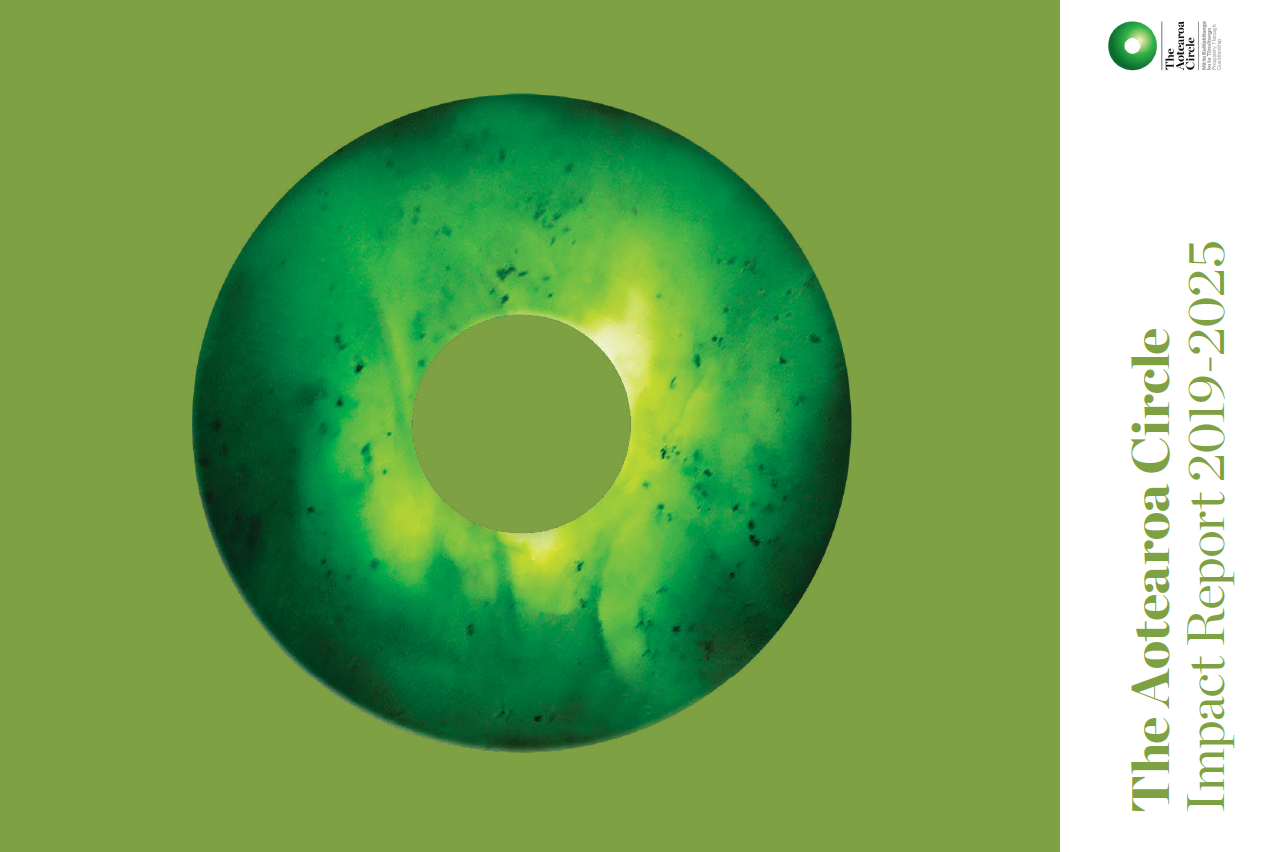Ray Smith has been Director-General, Ministry for Primary Industries (MPI) for seven years, navigating among other issues COVID-19, Mycoplasma bovis, droughts and flooding. He says sector readiness and resilience are key to Aotearoa New Zealand retaining its standing as a leading primary producer. Equally important is strengthening the health of our natural resources as the foundation for a healthy economy. MPI is a valued Partner of The Aotearoa Circle. Ray shares his perspective here.
Our food and fibre industries are the backbone of New Zealand’s economy. But we’re facing an increasingly complex environment: climate change, global market volatility, biosecurity risks, and shifting consumer demands. The way forward isn’t to hold the line - it’s to evolve.
When COVID-19 hit, we stood up a 24/7 operations centre. It was vital to keep the primary sector moving through lockdowns - supporting logistics, market access and worker safety. Over 360,000 people continued working to feed New Zealand - and the world. That experience reinforced for me that resilience isn’t just about bouncing back. It’s about building systems that adapt under pressure and still deliver.
Today, MPI's presence spans the country - from urban labs to remote farms, from forests to fishing vessels, ports to food processors – and we have a shared goal: growing the economy while protecting what makes Aotearoa special.
And what makes us special is our natural resources.
Our temperate climate, fertile volcanic soils, and pasture-based farming systems are among the world’s best. We grow pine trees faster than anywhere else. Our seafood industry is world-class. These are our advantages - but with them comes responsibility.
We owe it to future generations to use these resources wisely, to regenerate while we grow. That’s the heart of the challenge: how do we enhance the natural capital that underpins our economy?
For MPI our guide is four long-term goals:
- Double primary sector exports by 2034 - adding around $40 billion in export earnings.
- Deliver tools to reduce agricultural methane and nitrous oxide by 2030 - essential in an economy where half of our emissions come from farming.
- Keep New Zealand free from harmful pests and diseases - our biosecurity status is a major trade enabler.
- Back our sector to win - supporting farmers, fishers, and foresters with science, skills, and innovation.
That fourth goal is personal. I know how tough it can be to run a business in New Zealand’s export-driven economy. We’re small, we’re remote, and we face growing complexity. That’s why MPI invests in services that help like export advice, market access teams overseas, and science partnerships that de-risk innovation.
Readiness to threats is also foremost in our minds. From foot-and-mouth planning to biosecurity labs, we’re prepared for the worst so New Zealand can respond with confidence.
The same lesson applies across the sector. I urge producers and processors to consider: Are you ready for prolonged droughts? Cyber threats? Market disruptions? We can’t predict every scenario, but we can plan to be more adaptable.
Looking ahead, I’m optimistic. Our aquaculture sector is poised for rapid growth -currently a $650 million export earner, with potential to reach $3 billion by 2035 and much more beyond. We’ve barely dived below the surface of our ocean potential.
Wood processing is another frontier. Our pine forests could underpin a shift from petrochemical products to bio-based alternatives: bioenergy, bioplastics, and advanced wood manufacturing. If we do it right - right tree, right place - we can deliver higher-value, lower-emissions exports that power a circular economy.
And then there’s methane. It’s our biggest challenge - and our biggest opportunity. If we can develop emissions-reducing solutions tailored to pasture-based farming, we won’t just help New Zealand meet its climate goals. We’ll contribute to global agricultural transformation. The world needs answers that work in Africa, India and beyond. New Zealand can help provide them.
A Future Worth Fighting For
I want my children to grow up in a New Zealand that’s thriving - economically, environmentally, and socially. I believe the primary sector is the key to that future.
We have the land. We have the people. We have the science. Let’s build the systems -and the mindset - that ensures our primary sector leads the world not just in efficiency, but in sustainability, innovation and resilience.
That’s what gets me out of bed in the morning. And what keeps me working - alongside 3,500 passionate MPI staff - every single day.







